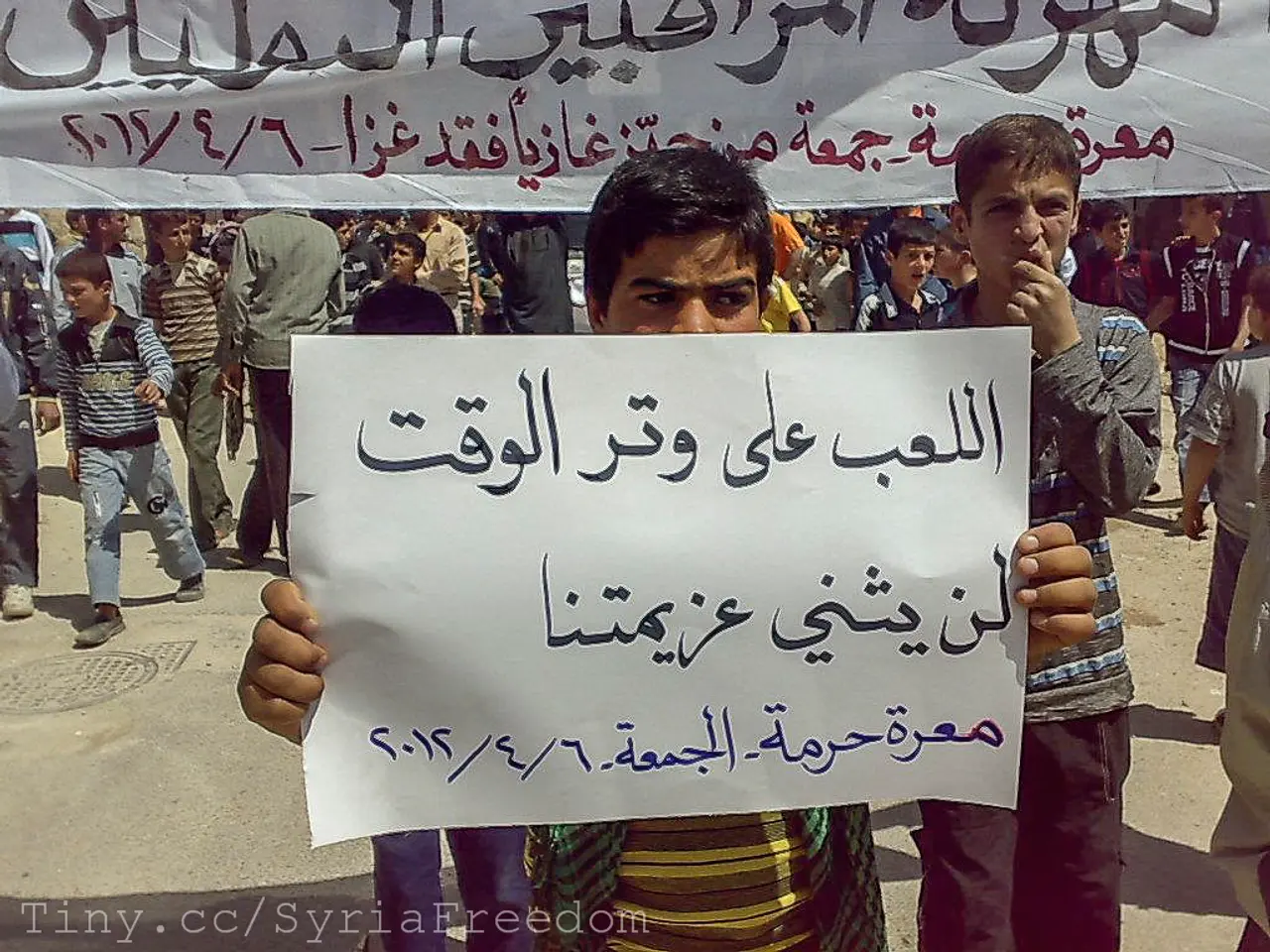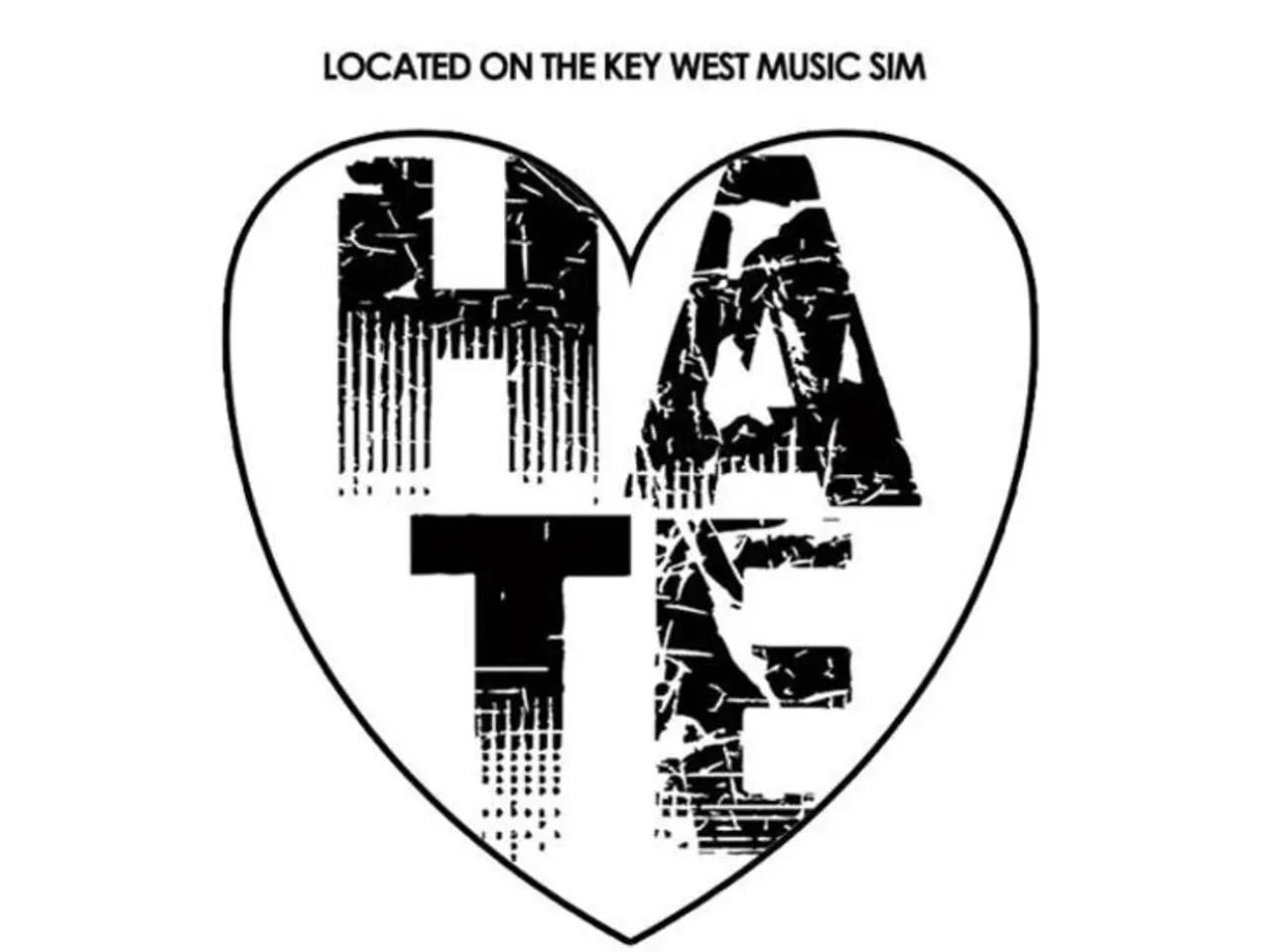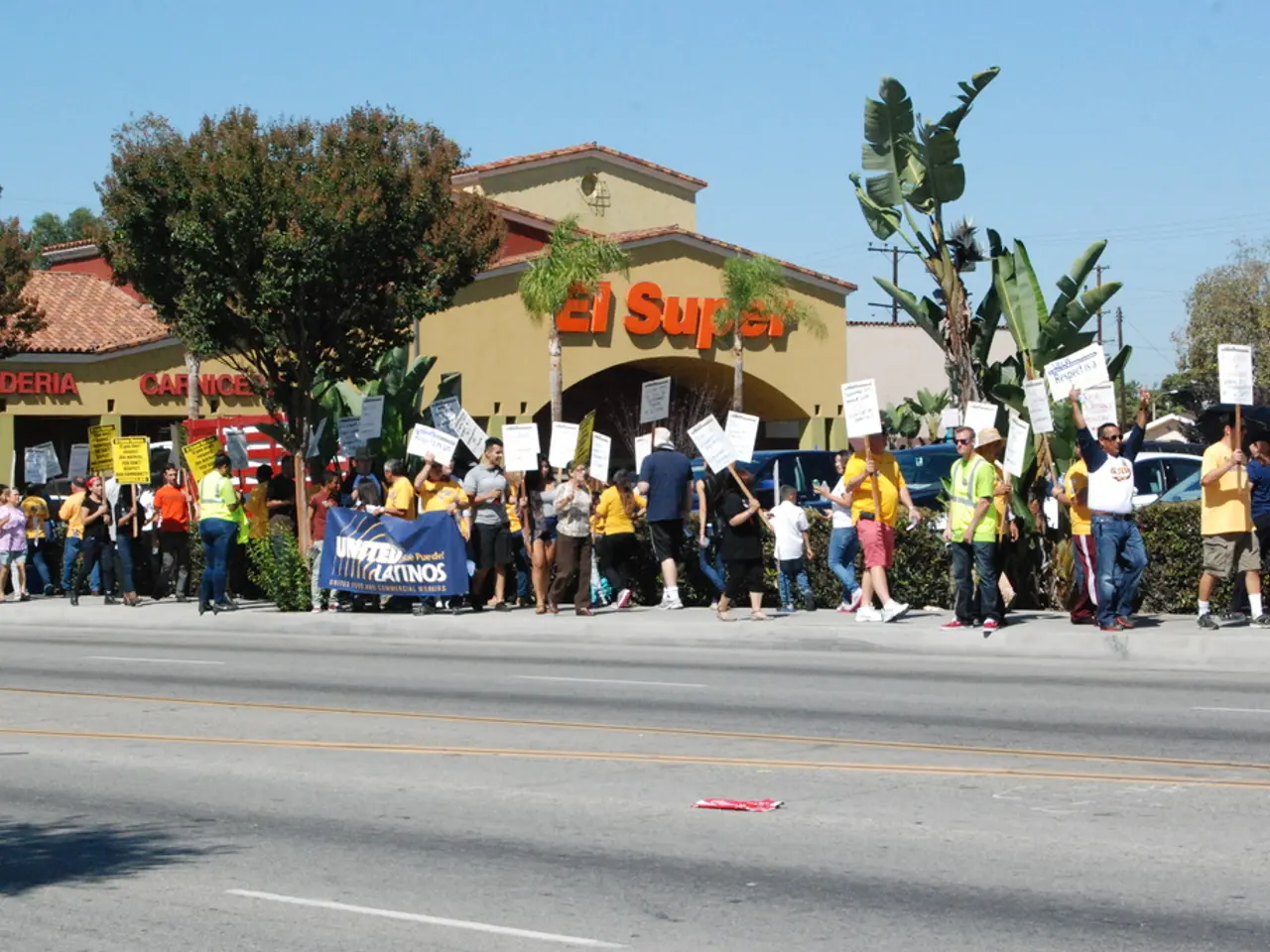Contestations over government bids prove crucial for small businesses in the federal market
The bid protest system plays a significant role in ensuring fairness, transparency, and accountability in federal contracting, providing small businesses with meaningful opportunities to compete with larger firms. This system deters improper contract awards and resolves disputes fairly, encouraging new entrants and protecting small businesses from being unfairly denied contracts [1][3][5].
However, concerns about the current bid protest system, particularly its impact on small businesses, have been raised. One concern is the potential financial burden from a "loser pays" rule, which could disproportionately harm small businesses. Since small businesses file the majority of protests, such fees might prevent them from accessing the protest process due to cost barriers, effectively limiting their ability to challenge awards and compete fairly [2].
Another issue is the complexity introduced by certain procurement methods, such as "other transactions," which operate outside typical contracting rules and reduce transparency, indirectly impacting small businesses [5].
To address these concerns, reform proposals have been suggested. These include enhancing pleading standards to require credible, evidence-supported protests while protecting small entities from frivolous protest consequences [3][4]. Additionally, statutory clauses to shift protest-related costs in specific situations or enable cost recovery between private parties have been proposed, aiming to limit frivolous protests without overly burdening small businesses [2].
Zach Prince, a Partner at Haynes and Boone LLP, suggests that the bid protest system is not showing signs of abuse and urges Congress to be careful when drafting protest reforms [6]. He also proposes expanding the enhanced debriefing requirement to civilian agencies, which he believes would provide more clarity and reduce baseless challenges [7].
The Department of Defense has been effective at providing enhanced debriefings for over a decade, and GAO is already doing a good job of kicking out baseless protests [8][9]. However, it is worth noting that the civilian agency bar for task order protests is substantially lower than the DoD bar, which could lead to more baseless protests [10].
It would be more efficient and fair to have task order protests brought at the Court of Federal Claims or at GAO, regardless of dollar value, to ensure a consistent, fair, and efficient protest process [11]. This would provide small businesses with a clearer understanding of what they did wrong to improve their future bids.
In summary, the bid protest system is widely seen as a crucial mechanism supporting small business participation in federal contracting. However, reforms must carefully avoid imposing disproportionate costs or complexities that would undermine this support [1][2][3][5].
Summary table:
| Arguments For Bid Protest System | Arguments Against / Concerns | |---------------------------------|-----------------------------| | Ensures fair, transparent federal contracting | Potential financial burden from "loser pays" rules may exclude small businesses | | Increases competition by providing meaningful dispute resolution | Complex procurement methods (e.g., "other transactions") reduce transparency | | Protects small businesses from improper exclusion | Weakening protest process risks discouraging new entrants, mostly small firms | | Current pleading standards already dismiss frivolous protests early | Possible conflict of interest or reduced neutrality with some reform proposals |
Federal reform proposals aim to enhance pleading standards, requiring credible, evidence-supported protests, while protecting small entities from frivolous protest consequences. However, these reforms should be careful not to impose disproportionate costs or complexities that could potentially harm the federal workforce, especially small businesses, in sports or other fields, by limiting their access to challenge federal contracts.








